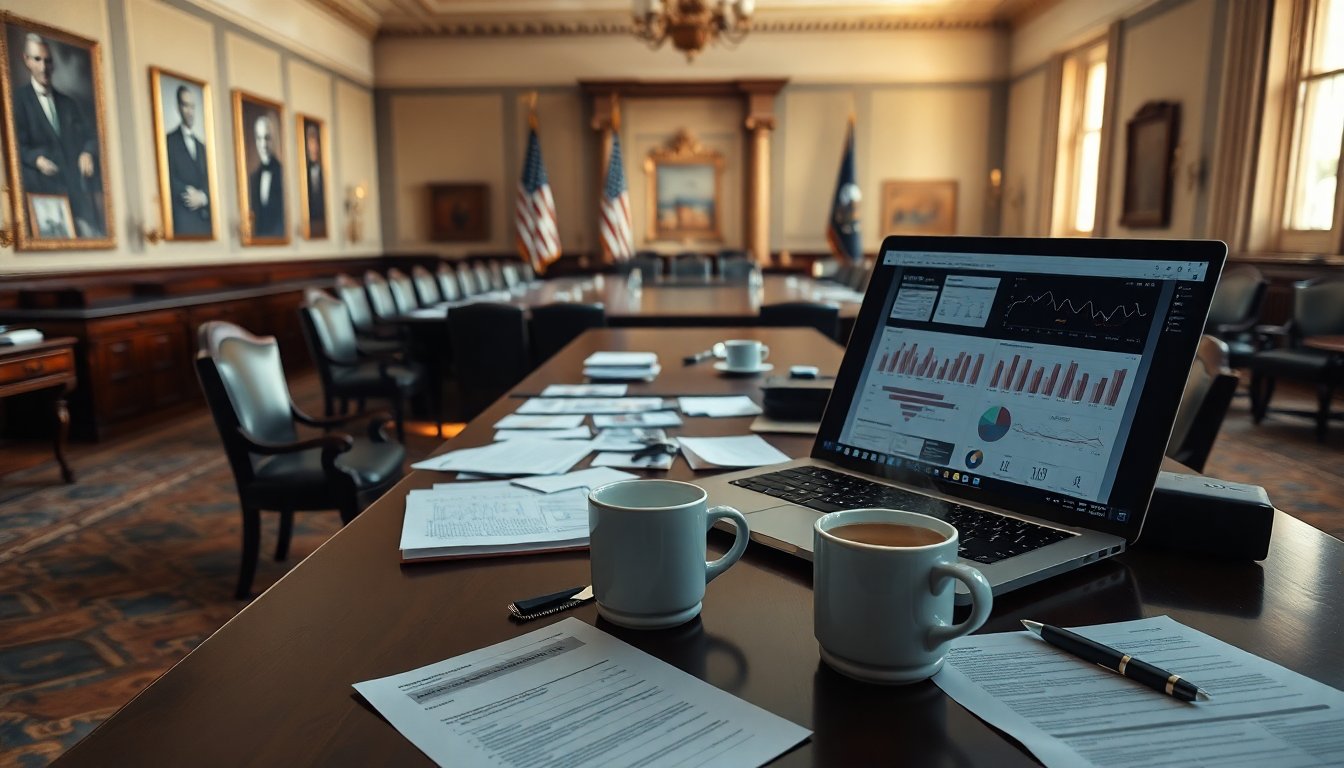Table of Contents
Harris Reflects on Biden’s Second-Term Decision
In a revealing excerpt from her forthcoming memoir, Kamala Harris expresses concerns regarding President Joe Biden‘s choice to run for a second term. She describes this decision as pivotal, emphasizing the critical stakes involved for the nation. Harris’s reflections prompt an examination of leadership and the factors that influence decision-making in politics.
A Reckless Decision or a Matter of Ego?
Harris believes that Biden’s decision should not stem from individual ego. She questions whether the situation was characterized by grace or recklessness, ultimately leaning towards the latter. Reflecting on her hesitation to urge Biden to reconsider his candidacy, she acknowledges the immense stakes and potential ramifications of a poor decision.
“The stakes were simply too high,” she writes, advocating for a collective approach to significant choices. By emphasizing that the decision should not rely solely on personal ambition, Harris underscores the importance of a broader perspective in leadership roles.
The Complexity of Loyalty and Decision-Making
Despite her reservations, Harris defends her choice to remain silent during concerns about Biden’s cognitive health. She frames her loyalty to him as a guiding principle, believing it essential to respect the decision made by the American electorate. This nuanced understanding reveals the complexities in political relationships, where personal convictions often clash with public expectations.
Harris recognizes the delicate balance between expressing concern for a leader’s capabilities and maintaining a supportive stance. She understood that suggesting Biden should not run could be perceived as self-serving, illustrating the intricate dynamics of political loyalty. “It’s Joe and Jill’s decision,” she recalls, reflecting a collective mindset that stifled dissenting opinions.
Age and Capability: A Delicate Balance
Harris also addresses the implications of age on Biden’s performance. While acknowledging that Biden, at 81, faced moments of fatigue affecting his public appearances, she does not equate this with incapacity. Her observations serve to humanize the challenges faced by older leaders while defending their qualifications to lead.
Harris’s insights into Biden’s capabilities emphasize his extensive experience and knowledge, arguing that even on his worst days, he demonstrated more competence than his predecessors. This perspective highlights the challenges faced by aging leaders and questions the narratives spun around their capabilities.
Ultimately, Harris’s reflections provide crucial commentary on the nature of political decision-making, loyalty, and the high stakes of leadership. As she navigates her loyalty to Biden and her commitment to the public, her insights resonate beyond the political sphere, offering valuable lessons on collective judgment in critical moments.


